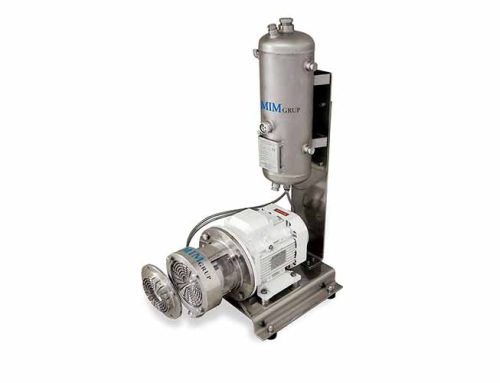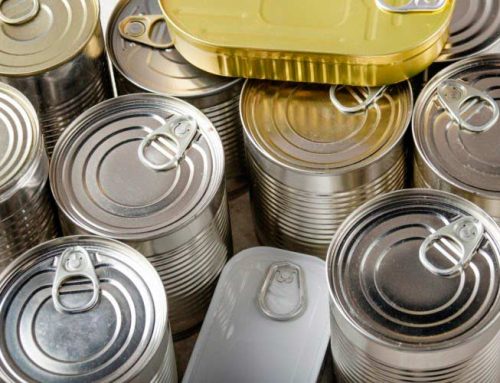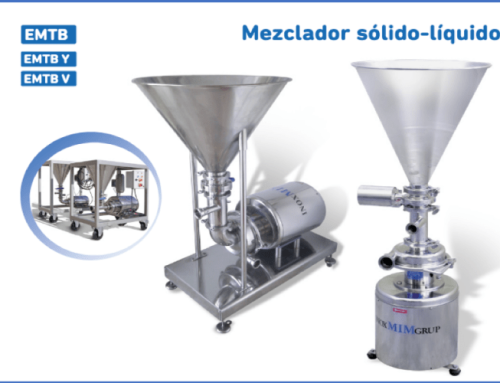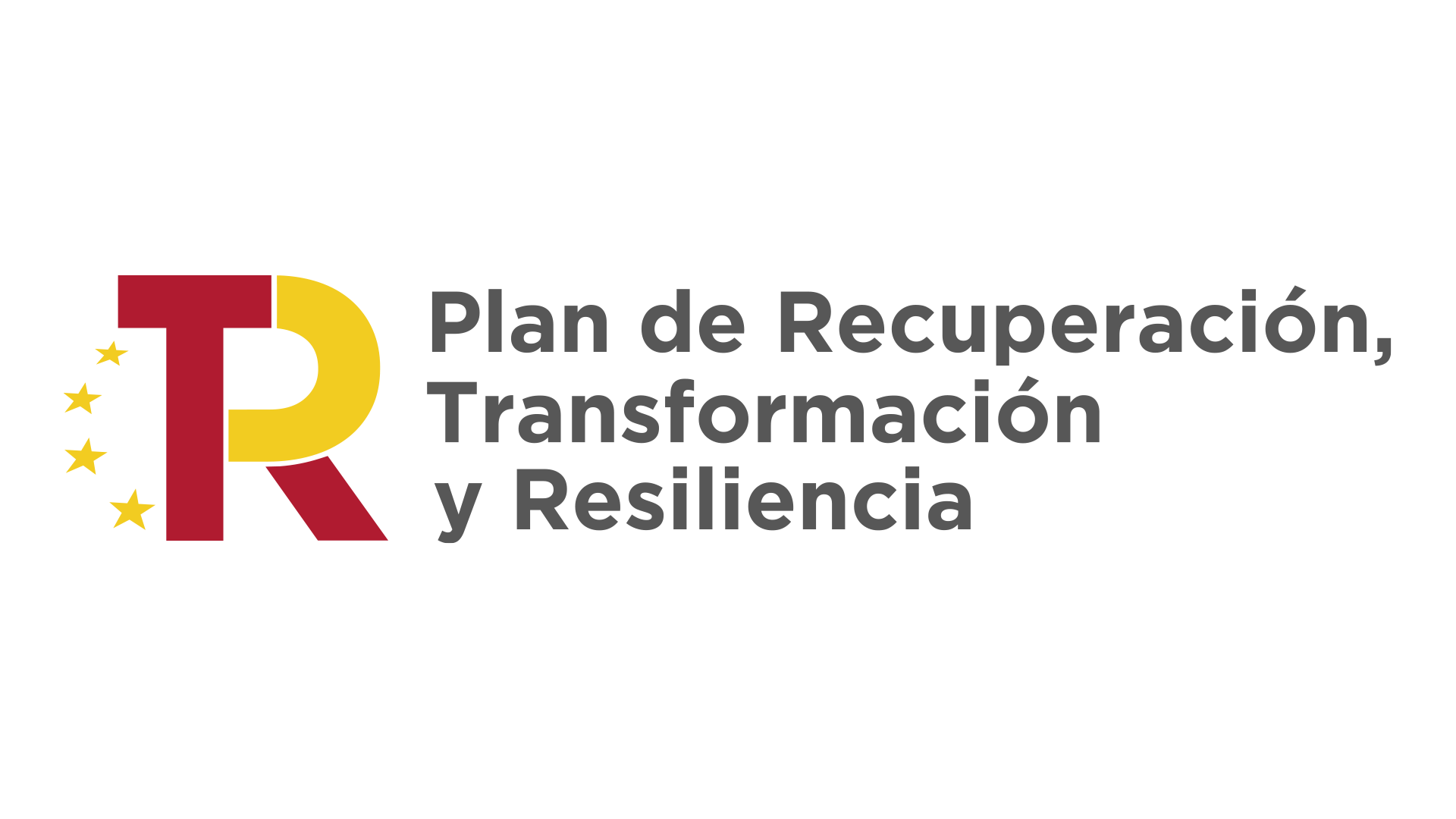Within the food industry, hygiene is one of the basic requirements for guaranteeing the quality and safety of food.
Consumers have the right to buy food that is safe and will not lead to illness or food poisoning when consumed.
In this respect, the legislation in force is very strict and the industry is fully aware of this; the aim is to obtain the utmost hygienic conditions through the use of state-of-the-art machinery, following a manual of good hygienic and handling practices, requiring all workers to undergo complete and rigorous courses of very specific training in food and food hygiene, etc. The main objective is to ensure that food reaches the consumer safely, thus preventing food poisoning and food-borne infections.
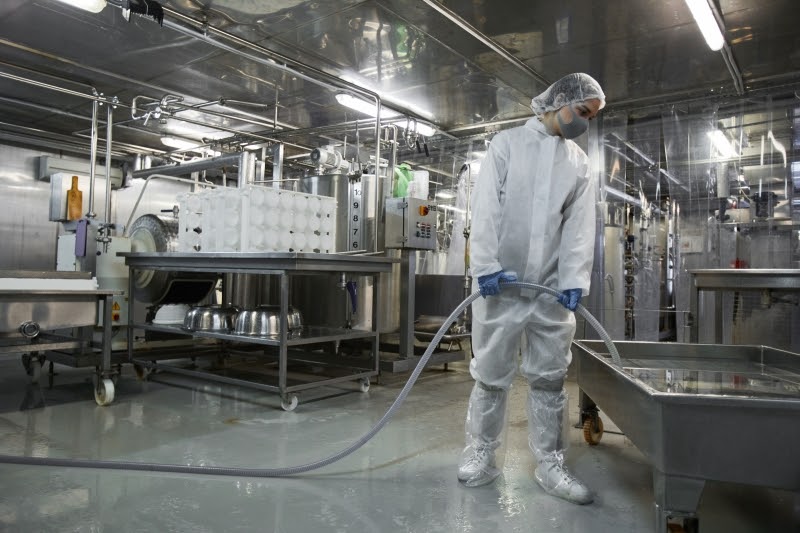
Food during its production, transport, processing and handling can be a major vehicle for agents capable of causing disease in the body and it is important that all workers who have to handle food are fully aware of what they can and cannot do under any circumstances.
What can InoxMIM offer to guarantee all aspects of food safety within your production plant?
Another factor that is proving to be key to guaranteeing food safety in industry is the automation and robotisation of all the processes that take place in a production plant, since, besides increasing productivity and energy efficiency, human error is also reduced and the safety of both workers and processes is greatly increased.
This is where we have been instrumental for a number of years now; we are dedicated to the design and manufacture of machinery for the process industry within the food sector, highly specialised in vertical and lateral agitators, emulsifiers, blenders and pumps, as well as joint mixing and pumping solutions for this industry.
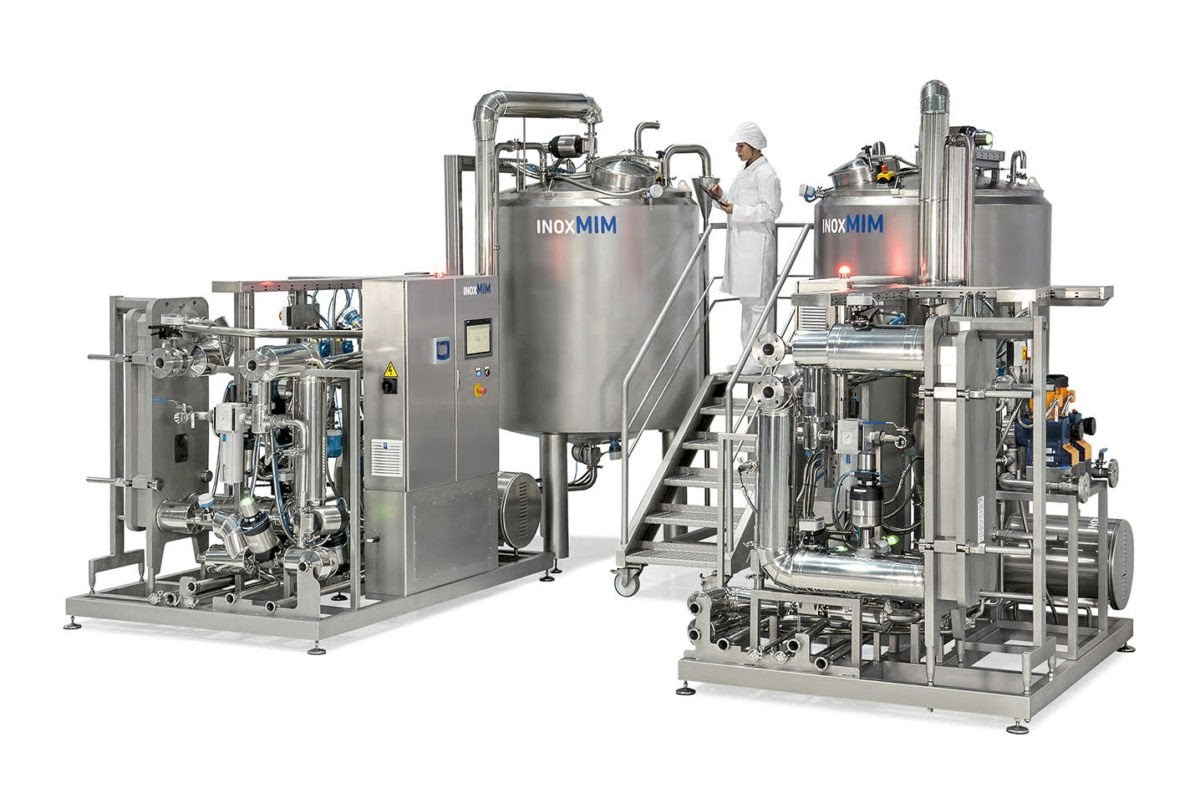
On the other hand, we also have a great deal of experience manufacturing and installing complete CIP cleaning equipment, which will enable you to achieve the highest possible level of hygiene and disinfection after each production process.
CIP stands for “Clean in Peace”; this is a cleaning system that is implemented inside the circuits of the production plants, without dismantling or modifying the operating status, thus ensuring both the consistency and the sustainability of the plant.
The essential components of this disinfection system are defined by Sinner’s circle: cleaning agent, mechanical energy, temperature and time.
These four factors should always be taken into account during the cleaning process to achieve the highest level of disinfection possible.
We also specialise in the design of machinery for the pasteurisation of food products, with a specific focus on the HTST-HIGH Temperature Short Time system.
This pasteurisation is very common within the industry and is known as flash pasteurisation.
It consists of heating the milk to 71.7°C for 15 seconds in order to destroy the most common pathogen in raw milk, Coxiella burnetti.
To ensure that this is removed, and given that it is technically impossible to bring the milk to this exact temperature, it should be heated to a temperature between 72 and 74ºC for about 15 to 20 seconds. This is the only way to obtain high-quality pasteurised milk that can be kept for up to 21 days.
For any queries or to request a quote, simply call us on (+34) 972 58 20 40, email us at [email protected], or take a few seconds to complete the following form:

